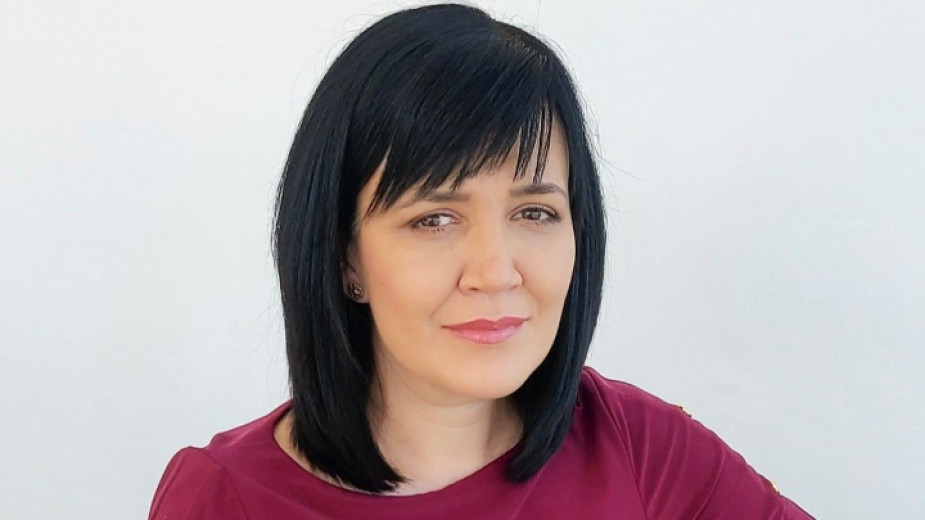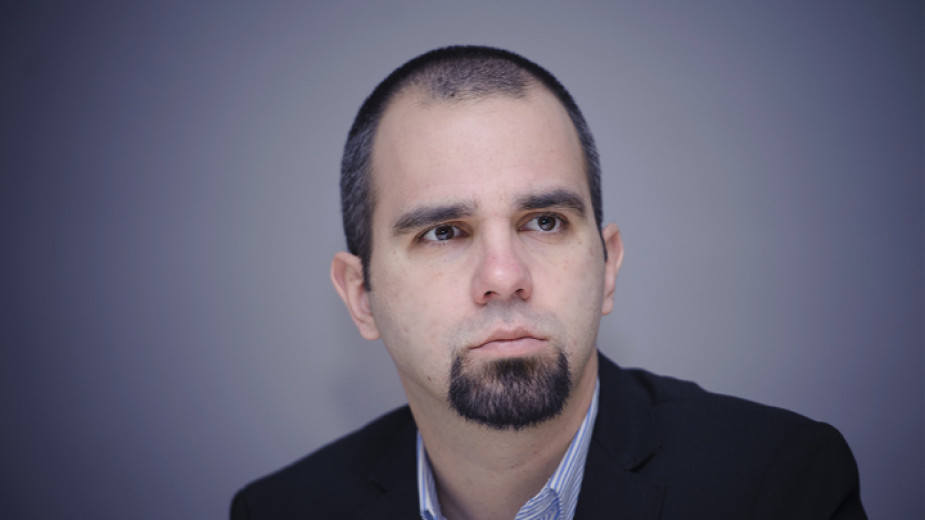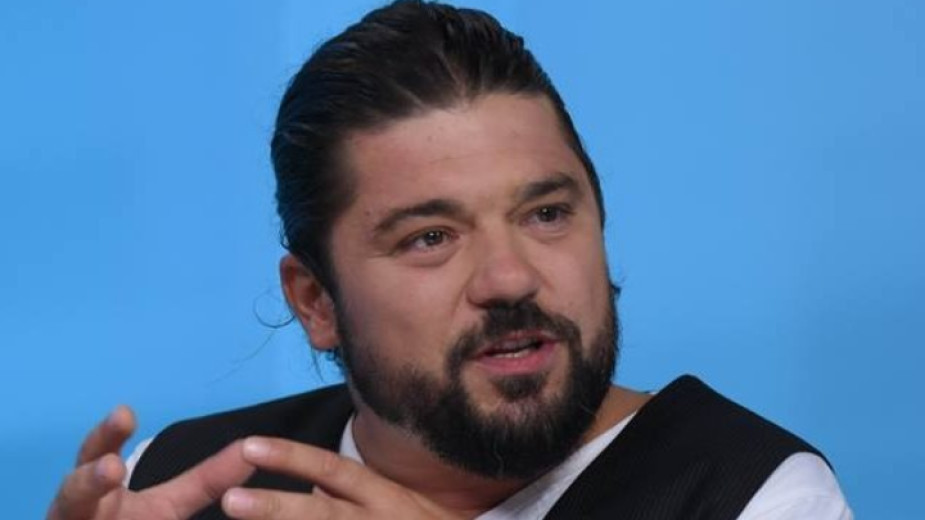Only the extremely low turnout prevented Rumen Radev from easily winning his second presidential term in office, while the new party "We Continue the Change" took the lead in the parliamentary race, contrary to the sociological predictions for a victory of GERB-SDS.
Could mobilization of potential voters in favor of Prof. Anastas Gerdzhikov make the difference of nearly 22% in favor of the current head of state Radev shrink? And whom will the MRF supporters vote for in the second round of the presidential election?
"It seems that they would vote for Anastas Gerdzhikov," Irena Todorova, a lecturer at the Political Science Department at NBU, has told BNR.

“However, I do not think he would magically gain 10% more, because it is not clear how strongly the MRF would be able to mobilize their electorate. However, it seems to me that Rumen Radev will keep the first position. From today's point of view, he seems to be the most popular figure and greatly surpasses the party result of both the BSP and even ‘We Continue the Change’ - something that does not happen with other candidates who ran for president."
Unlike the previous two votes during the year, this time political analysts see a chance for forming a regular cabinet. The party of former caretaker ministers and Harvard graduates Kiril Petkov and Assen Vassilev has already announced that it will seek support among all parliamentary forces except GERB and MRF.
The BSP would become a kind of coordinator in the formation of a cabinet, according to Gallup sociologist Parvan Simeonov.

“The truth is that the mandate for change was clearly confirmed, as the protest formations lost votes to ‘We Continue the Change’” he told BNR. “In addition, the BSP will no longer be an obstacle, as forecasts that it might be a second parliamentary force have not materialized. The people have shown that if a cabinet is not formed now, they can do even more drastic things in the next elections. It seems to me that this time there is an opportunity to form a government and the room for maneuvers is greater."
According to political scientist Strahil Deliyski, GERB's campaign was aggressive, arrogant and aimed entirely at stopping the party's erosion processes.

"Boyko Borissov managed to achieve it in a remarkable way, but the price we all paid for this type of behavior was the unpleasant campaign that became one of the reasons for the low voter turnout," Strahil Deliiski has told BNR. “When it comes to ‘We Continue the Change’, the formation won more or less with the same result as ‘There is Such a People’ in July this year. But this time we will have another type of player focusing the responsibility for the composition of a working government. The forecast is a bit more optimistic as we do not see a search for conflicts and destruction, so this project is also suitable for short-term governance purposes."
Intentions to form a coalition government are strong, but there are also opinions that a cabinet should not be formed "at any cost." Assoc. Prof. Nikolay Dimitrov, a social psychologist and lecturer at Sofia University, sees nothing wrong if the next National Assembly failed to form a government.

"Indeed, the caretaker government has limited powers and relies heavily on acts of the National Assembly, but for more than half a year we have seen that it works well," he told Radio Bulgaria. “The main question raised by politicians is that the state budget for next year should be prepared by the government. First, there is no problem with it being drafted by the caretaker finance minister and voted on by a regular parliament. Secondly, according to the legislation, if the budget for the next year is not adopted, the budget for the current year remains valid. In this sense it is not dangerous if no government was regularly elected by the National Assembly for the third time."
Sociological forecasts failed in forecasting the first political force in the parliamentary vote and the fact that the Vazrazhdane party would enter parliament. The party supports lifting all anti-epidemic measures, as well as Bulgaria's withdrawal from the EU and NATO.
The 47th National Assembly is set to be composed of 7 political forces and whether their actions will have a synergistic effect on the future of Bulgaria remains yet to be seen.
Compiled by: Diana Tsankova
English: Alexander Markov
Photos: BGNES, private libraryConvulsions Before Multipolarity — a Time When Illusions Are Sacred and Truth Is Heresy is the title of a new book that will be officially presented in early November in Sofia. It explores the agony of a unipolar world, an era of geopolitical..
Movement for Rights and Freedoms - New Beginning Leader Delyan Peevski spoke with Prime Minister Rosen Zhelyazkov on Monday, the party's press centre reported. "I reaffirmed my position of full support for the government as long as it works for the..
EU roaming fees to be eliminated for Albania and Montenegro Roaming charges between Albania and the EU will be completely eliminated in 2026, European Commission President Ursula von der Leyen said during her visit to..
Convulsions Before Multipolarity — a Time When Illusions Are Sacred and Truth Is Heresy is the title of a new book that will be officially presented in..

+359 2 9336 661
